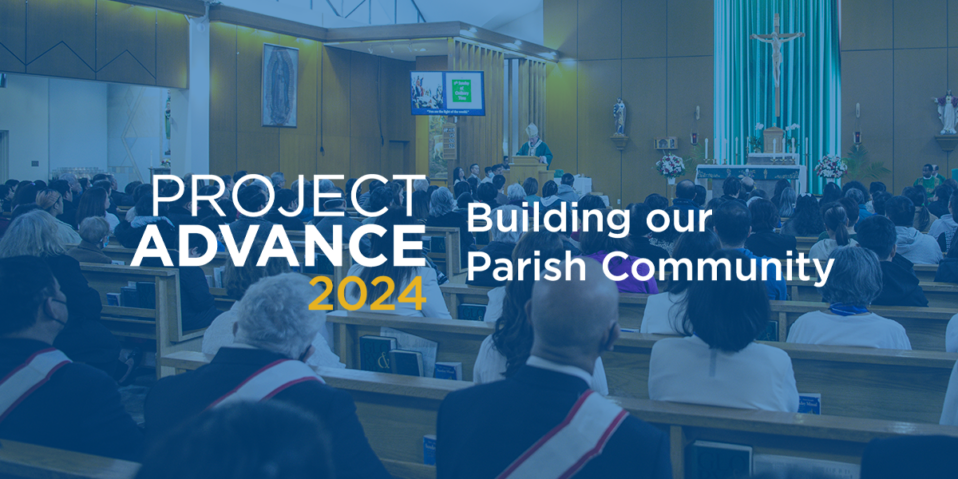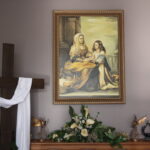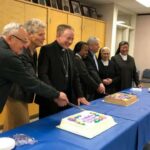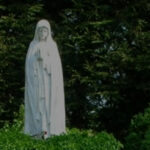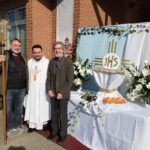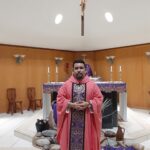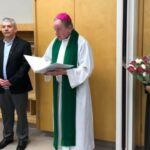Continued
III. BISHOP OF PIACENZA
1. The Pastor
“The spirit, the character, the sole ambition of the bishop lies in sacrificing himself in every way to spread the kingdom of Jesus Christ in people’s souls, risking, if necessary, his own life for the salvation of his beloved flock, placing himself, so to speak, on his knees before all the people in order to beseech the favor of their permission to do them good. He uses everything – his whole authority, skill, health, strength – for this noblest of purposes” (Scalabrini).
In his twenty-nine years of ministry as bishop of the Piacenza Diocese, he showed above all his gifts as a pastor of souls, “thirsting” to communicate the life of the Good Shepherd to them. He always walked before his sheep, leading them to the pastures of an “abundant” Christian life, through effective, timely and incisive action of government to improve the structure of pastoral work, taking St. Charles Borromeo as his model.
2. The Pastor of the Clergy
His first concern was for the clergy, to whom he addressed his third pastoral letter (August 1876), reminding them of the need for the Spiritual Exercises, which he saw (and here we find one of his typical features) not only as a time of spiritual experience, but also, and above all, as a time to reexamine and plan one’s life.
He instilled new discipline and introduced a new curriculum in his three seminaries, anticipating by three years Leo XIII’s Thomistic reform. He also started courses in Gregorian chant and instituted its practice, anticipating in this case Pius X’s reform by many years.
He worked for harmony among the clergy in an age of polarization not only in the political sphere (between the “transigent” and “intransigent” groups), but also in the philosophical sphere (between Rosminians and Thomists).
His relations with his clergy were marked by concern, respect, justice and fatherliness, and he was repaid with zeal, obedience and filial love – to the extent that for a long time after his death he was still “the bishop” for the clergy of Piacenza.
As was said, he actively supported the transigent party, convinced that the temporal power of the Pope (the Papal States), had seen its day, and that the Church must become – with a minimum of territorial sovereignty (i.e. the Vatican) to guarantee its spiritual independence – an evangelical power in the service of the highest good, which is the salvation of souls. In other words, he wanted to reconcile the two contrasting aspirations which were such a “torment to many consciences” in contemporary Italy – those of religion and country.



